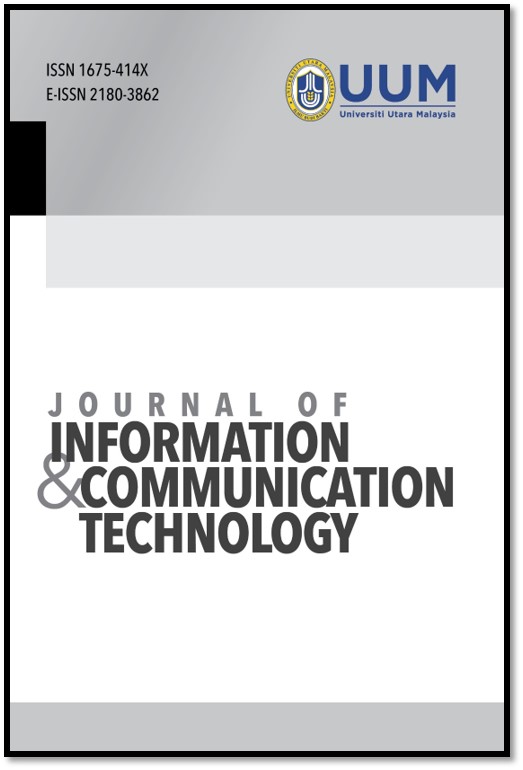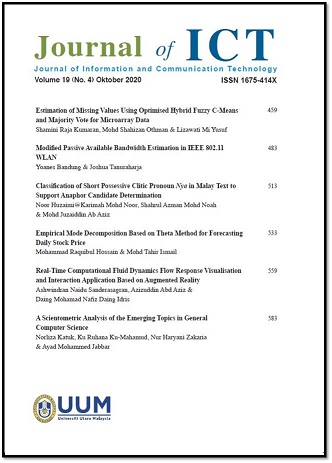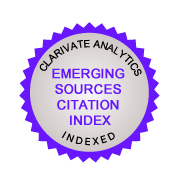Adoption Intentions Toward AI-based Clinical Decision Support Tools: A Tam Study on Hospital Pharmacists
DOI:
https://doi.org/10.32890/jict2025.24.3.3Abstract
The increasing prevalence of antibiotic resistance leads to an alarming challenge to global healthcare, necessitating the adoption of machine learning (ML)-driven clinical decision support systems (CDSS) to enhance antimicrobial stewardship. Despite its potential, hospital pharmacist’s adoption of ML-based antibiotic resistance predictors remains limited due to usability, trust, organisational support, and perceived risk concerns. This study uses an extended version of Technology Acceptance Model (TAM) to examine the primary factors influencing pharmacists’ behavioural intention (BI) to adopt the ML-driven CDSS. A cross-sectional survey was conducted among 235 hospital pharmacists across major provinces in Indonesia, using a PLS-SEM approach to test hypothesised relationships. The findings reveal that perceived usefulness (PU) (β = 0.355, p < 0.001) is the strongest predictor of BI, followed by trust in technology (TT) (β = 0.179, p = 0.017), social influence (SI) (β = 0.184, p = 0.009), and facilitating conditions (FC) (β = 0.150, p = 0.010). Perceived risk (PR) negatively affects BI (β = -0.103, p = 0.023), highlighting concerns over AI reliability. The study underlines the need for hospital administrators to enhance IT support and training, policymakers to establish AI regulatory frameworks, and professional organisations to promote AI acceptance through peer advocacy. Clinically, increased adoption of ML-driven CDSS can improve the accuracy of antibiotic prescribing, reduce resistance rates, and enhance patient safety. It provides insights into optimising AI interventions in antimicrobial stewardship programmes and guiding future implementation strategies in hospital pharmacy practice.
Additional Files
Published
Issue
Section
License
Copyright (c) 2025 Journal of Information and Communication Technology

This work is licensed under a Creative Commons Attribution 4.0 International License.

 2002 - 2020
2002 - 2020

























